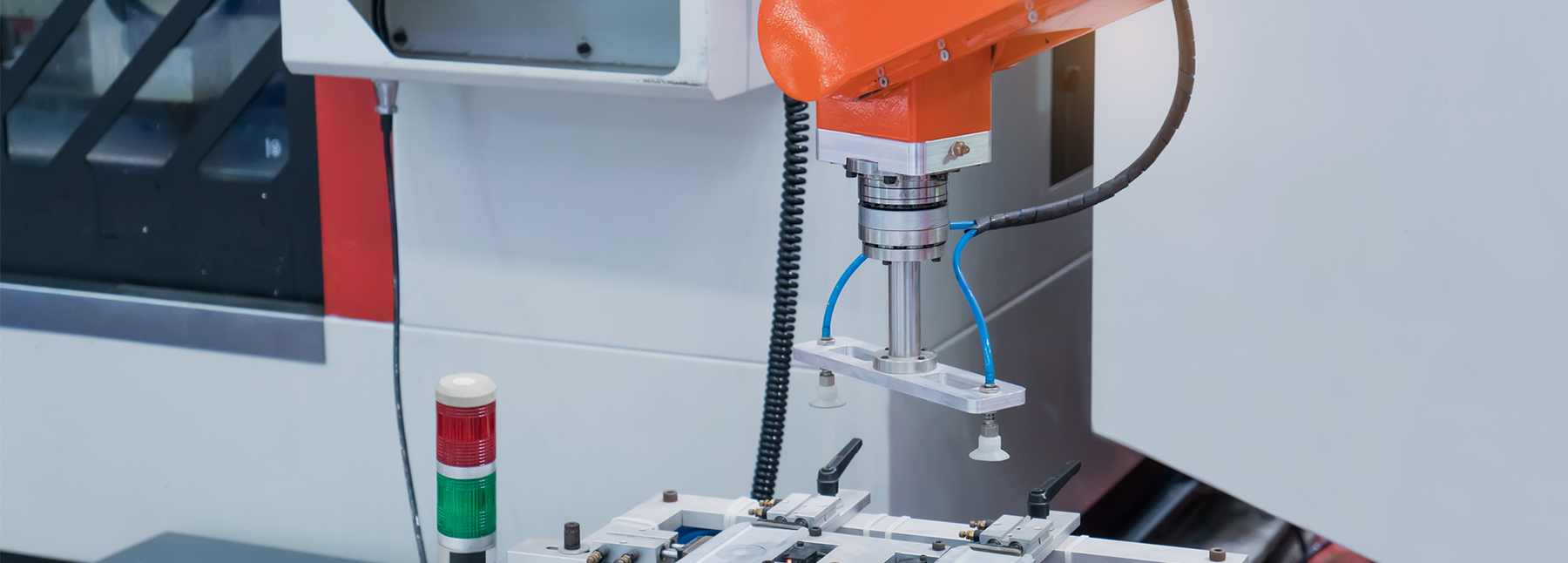Artificial Intelligence in healthcare allows us, and medical professionals, monitor our wellbeing like never before. Here are five ways AI is revolutionising healthcare around the world.
Staying well
Early diagnosis
Diagnostic tools
Accessing medical advice
Predict risk
Provide capacity
Decision making
In order to improve healthcare at scale, healthcare providers need to be able to better analyse and understand the big data they now have access to. AI software can help with this. It uses pattern recognition to identify patients at risk of developing conditions. Researchers in the US used AI software to interpret breast cancer mammograms and identify those who needed further testing.
This is revolutionary, with population and cancer diagnosis increasing globally. This type of software will help the medical profession better decide who to send forward for further testing, the increased accuracy levels mean much less time will be wasted on patients who don’t require further analysis.
Dynamic treatment
Artificial Intelligence in healthcare is also assisting professionals in developing treatment plans for patients. IBM’s ‘Watson for Oncology’ has the ability to sift through:
- Clinical trial data
- Medical journal entries
- Text books
- Any other relevant literature
- And rank recommended treatment
This is of significant benefit to professionals trying to work out the best treatment for patients, which has always been a challenge. It is of particular use at a community level where oncologists may not have the opportunity to stay up to date with clinical advances in the same way as their colleagues in University Hospitals or medical centres.


